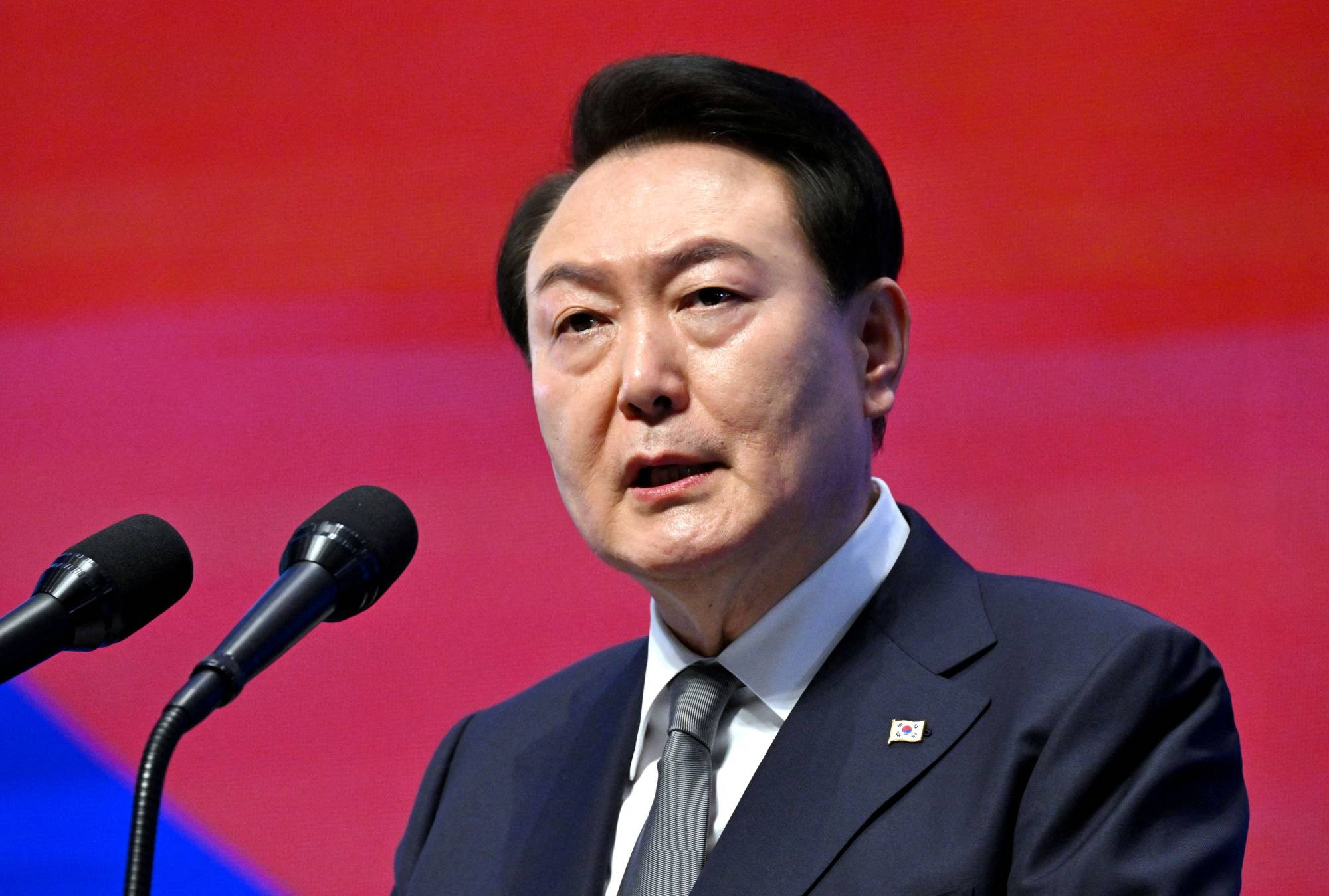The “Ricchi Scemi” are Gone: American Owners Take Over Serie A
The landscape of Italian football has undergone a dramatic shift in recent years, with American investors increasingly taking the reins of Serie A clubs. Once dominated by Italian ownership, the top division now boasts a significant number of overseas owners, particularly from the United States. This article delves into the reasons behind this influx, exploring its impact on the game and its fans.
Why are American Owners Investing in Italian Football?
Several factors have contributed to the surge in American ownership in Serie A. The allure of acquiring prestigious Italian clubs, often at a relatively lower cost compared to other top European leagues, has been a significant draw. Many of these American investors see an opportunity to invest in a league with a rich history and a passionate fan base, hoping to capitalize on its potential for growth.
One key factor driving this trend is the Italian diaspora. The large number of Italian emigrants in the United States has created a natural connection between American investors and Italian clubs. For many American investors with Italian heritage, owning a Serie A team represents a way to reconnect with their roots and contribute to the legacy of the game in their ancestral homeland. Examples of this include Rocco Commisso at Fiorentina, Stephen Pagliuca at Atalanta, and the Canadian Joey Saputo at Bologna, all of whom have Italian ancestry and have embraced their ownership roles with enthusiasm.
More Than Just Business: The Appeal of Italian Culture
The allure of Italian culture is another significant factor. The lifestyle, the cuisine, and the beauty of Italy are a major attraction for American investors. The opportunity to be involved in a league where the game is intertwined with the country's vibrant culture and tradition holds a powerful appeal. Imagine owning a club in Parma, where you can enjoy exquisite food and wine every weekend. Or spending time in Venice, immersing yourself in its unique atmosphere. These experiences undoubtedly add to the allure of Serie A for American investors.
Challenges and Opportunities
However, the Americanization of Serie A is not without its challenges. The cultural differences between the American and Italian approaches to football can lead to friction. The fast-paced, results-oriented American business model can clash with the more traditional, slow-paced Italian approach to football. This can create tensions, particularly in the realm of player transfers and club management.
Despite these challenges, the influx of American owners also presents opportunities for Italian football. The financial backing and global reach of American investors can provide Serie A clubs with a competitive edge on the European stage. This can help to revitalize the league, attracting top talent and increasing its global appeal.
A New Era for Serie A?
The rise of American ownership in Serie A has undoubtedly changed the landscape of the Italian game. While the implications of this shift are still unfolding, it presents a unique blend of challenges and opportunities for the future of the league. As American investors continue to play a more prominent role, the question remains: will Serie A adapt to this new era and continue to flourish, or will it lose its unique identity?
Only time will tell. However, one thing is certain: the Italian game is entering a new chapter, and the story of its evolution is far from over.
Is This the Beginning of the End for Italian Football?
Some critics argue that the increasing influence of foreign owners, particularly from the United States, signals a decline in the soul of Italian football. They lament the loss of the iconic Italian personalities and the unique character that once defined the game. This raises concerns about the potential for a homogenization of the game, with the distinct Italian style and traditions being diluted by the influx of foreign investment.
However, others argue that the financial backing and global reach of American owners can be a positive force, enabling Serie A to compete more effectively on the international stage. They see the potential for increased investment in infrastructure, talent development, and marketing, leading to a more vibrant and commercially successful league.
Ultimately, the future of Italian football will be shaped by the interplay of these forces. While the influx of American owners has undoubtedly brought about significant changes, it is too early to say definitively whether it is a positive or negative development for the game. What is clear is that Serie A is at a crossroads, and the decisions made in the coming years will have a lasting impact on the future of Italian football.
What Does the Future Hold?
The current trend suggests that the Americanization of Serie A is likely to continue. With the potential for further investment and increased global visibility, the league could become a more attractive destination for top players and a major force in European competition. However, it remains crucial to ensure that the unique cultural identity of Italian football is preserved, and that the balance between financial success and sporting integrity is maintained.
Ultimately, the success of this new era of Serie A will depend on the ability of its clubs and stakeholders to navigate these challenges and embrace the opportunities that lie ahead. The coming years will be critical in determining the future of Italian football and whether it can emerge as a truly global force.


















